FE teacher initial training and development: call for evidence
Introduction
In recent years, the Department for Education (DfE) has placed a renewed focus on the role that high quality training and development plays in enabling teachers to deliver the best possible outcomes for learners across the Further Education (FE) sector, at all stages of their teaching career.
Effective initial training and ongoing professional development (PD) enables teachers to deliver high-quality education and to retain the currency of their teaching and their subject knowledge, including technical and vocational competence for dual professionals.
This call for evidence is part of a process to establish a more secure evidence base for professional development for those teaching in the FE sector. It focuses on initial teacher education (ITE) and early professional development phases.
ITE refers to training specifically designed to enable someone to become occupationally competent as an FE teacher, that is qualifications and apprenticeships that meet the level 5 Learning and Skills Teacher occupational standard. Qualifications include the Diploma in Teaching (FE and skills) and similar qualifications validated by universities at levels 5, 6 and 7.
"Early career" refers to the transitional period that an individual takes to become a confident and competent teacher. It may include a period of ITE. This is generally considered to be the first three years of a teacher’s career but may be longer in some circumstances.
We know that teachers in the FE sector may have different experiences in their early career, and not all will access an ITE programme before they take up employment. That is why it is essential that, to be effective, the initial training of FE teachers – whether delivered as a qualification, as an apprenticeship, or through more informal work-based training – provides robust knowledge content (the “what”), procedural pedagogical content (the “how”), and conditional pedagogical content (the “when”) for new teachers.
Evidence from Ofsted inspections of FE ITE provision shows significant variability in the content of ITE programmes, particularly with respect to pedagogical content, where there can be an uncritical acceptance of a range of contested or outdated theories. Through this call for evidence, we want to establish a baseline of appropriate, evidence-based pedagogical content that can underpin ITE programmes and effective early career PD for FE teachers. We expect responses to be wide ranging, reflecting different approaches to preparing teachers effectively in different parts of the sector, and we encourage responses from a range of practitioners in different roles and provider types, not just those responsible for delivering ITE programmes in colleges.
We are using an early career focus to capture the processes by which new FE teachers acquire the knowledge, skills and behaviours required to be effective in their subject(s) and context(s). We believe that by getting this element right, we can establish a shared understanding of the foundations required for all new teachers as they start their journey into the profession – this in turn will have a positive impact on establishing new teachers’ expectations for a career-long commitment to ongoing professional development and improvement that is based on clear evidence and quality standards.
We recognise that the range of subjects and specialisms delivered across FE is broad, complex and evolving. We want to test the extent to which subject specific pedagogy has been developed for ITE and early career PD in a manageable way, so we have chosen to focus on two specific subject areas where this exercise will aim to elicit more narrowly focused evidence:
- Construction
- Health and Social Care
Both of the above are aligned with the government’s priorities for skills development and play an important role creating opportunity for individuals and communities.
To be clear, the call for evidence is not restricted to these subjects – but we are particularly keen to receive submissions which highlight how teachers of these particular subjects are being trained on the basis of evidence-informed, subject-specific pedagogy. Evidence and examples relating to other subjects, sectors and specialisms are also welcome.
This call for evidence seeks to gather appropriate, recent, relevant, and high-quality research and related knowledge to inform updates to the knowledge content that supports FE ITE programmes. The aim is to ensure that trainee teachers in FE are equipped with the most current and effective practices for teaching diverse learners in a wide range of post-16 settings.
Question 14 asks respondents to consider the links between early career preparation and continuing professional development. This is intended to provide us with an insight into the relationship between these phases of a teacher’s professional development.
We expect that, for most providers, the evidence that is produced will confirm that their current curricula include appropriate evidence-based teaching and assessment content reflecting up to date knowledge and research. For a small number it may highlight a need to refresh their content and provide a foundation on which they can build a more effective FE ITE curriculum.
The results of this call for evidence will be considered by an Expert Advisory Group (EAG) convened by the department. The assessment and recommendations of the EAG will form the basis of new statutory guidance for the content and delivery of FE ITE programmes, and a useful resource for those delivering early career PD programmes.
